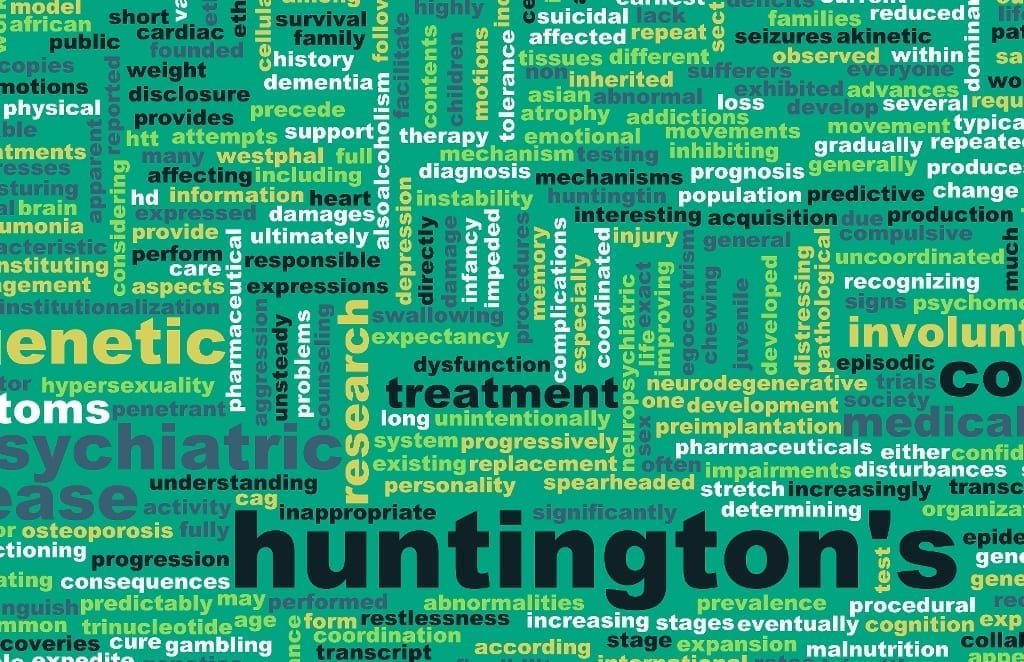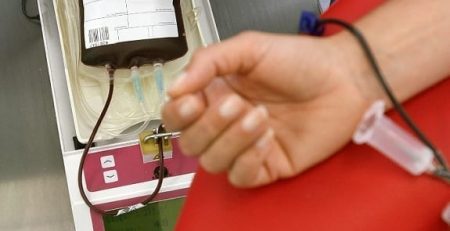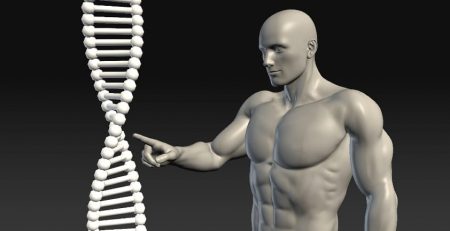Scientists Reverse Huntington’s Disease in Mice
Huntington’s Disease (HD) is a fatal genetic disorder that causes the progressive breakdown of nerve cells in the brain. According to Huntington’s Disease Society of America, there are approximately 30,000 symptomatic Americans, with an additional 200,000 at-risk of inheriting the disease. Symptoms include changes in personality, including mood swings and bouts of depression, issues with memory and judgment, slurred speech and difficulty swallowing, and unsteady gait and involuntary movements and usually appear between the ages of 30 and 50.
While researchers identified the gene that causes HD in 1993, there is still no cure. However, research led by Emory University and recently published in the Journal of Clinical Investigation has “shown preliminary but promising results for a potential cure,” IFLScience.com reports. “Using the genetic therapy known as CRISPR, the team was able to provide a permanent therapeutic treatment for this condition in mice.”
The researchers engineered mice to develop HD, then used CRISPR – a gene therapy – to alter the genes of the mice. Within three weeks “the mice were significantly improved, although not back to the level of a healthy mouse.”
“The findings open up an avenue for treating Huntington’s as well as other inherited neurodegenerative disease, although more testing of safety and long-term effects is needed,” senior author Professor Xiao-Jiang Li of Emory University said in a statement.














